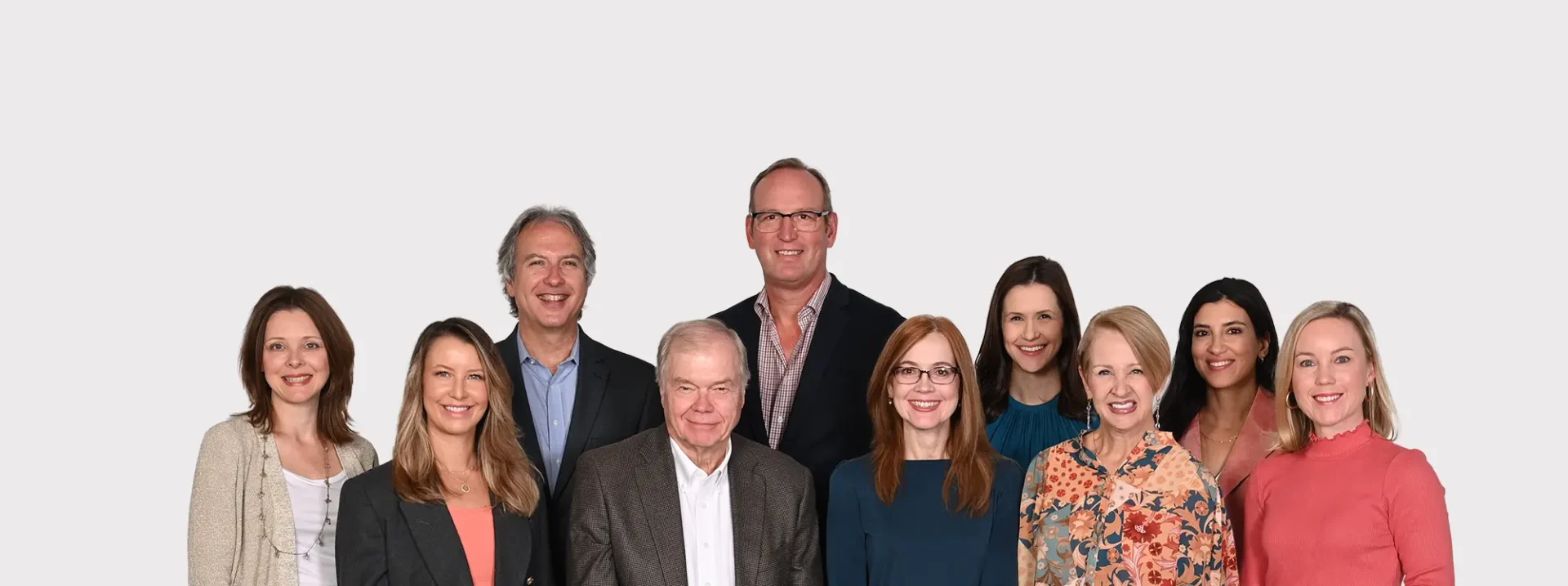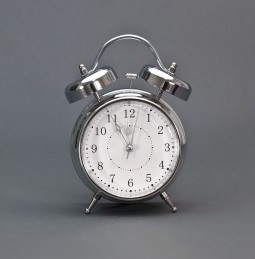Your relationship or career will hopefully stand the test of time, but your eggs may not. The AHM test can help
You’ve likely heard that Apple and Facebook just announced that they will start to cover the cost for egg freezing for their employees. Texas Fertility Center takes an aggressive approach to fertility preservation. Women should get the AMH test. They should proceed as rapidly as possible when faced with a cancer diagnosis or premature ovarian failure. We can also incorporate elective egg freezing into IVF cycles to give women and couples flexibility and peace of mind.
Fertility specialist Dr. Thomas Vaughn, founder of Texas Fertility Center, frequently shares with the Austin and Round Rock communities an important message: Pay attention to the biological clock. We understand that roadblocks can stand in the way, but the optimal age to start a family falls during a woman’s 20s and early 30s. In other words, don’t wait to procreate.
Dr. Vaughn explains that a woman’s fertility lifespan begins at puberty, peaks in her 20s and diminishes in her mid to late 30s. That’s because when a woman ovulates each month, she loses the leading contender for pregnancy along with many “runners up” from her cache of eggs.
By the time she reaches her mid to late 30s, the quantity and quality of healthy eggs remaining in her ovaries is very low. For this reason, a woman over 35 is considered infertile after just six months of unsuccessful pregnancy attempts.
Advice from the AMH test – Egg freezing in your 30s?
Arranging for egg freezing at a young age essentially freezes time, although pregnancy rates with frozen/thawed eggs are lower than pregnancy rates with fresh eggs. Sure, if Apple or Facebook were funding your egg freezing and you were still in your 20s or early 30s, it is very hard to pass up the chance.
Here in the real world (in Austin and Round Rock), when a woman consults with Texas Fertility Center and feels concerned about her chances for conceiving over age 30, we immediately test her ovarian reserve.
Three hormone tests can approximate how many eggs a woman has left in reserve: FSH, estrodial, and AMH (anti-mullerian hormones). Watch this short video in which Dr. Vaughn outlines the testing options.
AMH results may dictate how proactive we are with your fertility treatment plan, and the individualized protocol we would use to stimulate ovulation.
Many women successfully conceive in their mid 30s and never need to partner with a fertility specialist. If you decide that knowing is better than guessing about your ovarian reserve, contact us at Texas Fertility Center. We empower women with information and options to make smart decisions about their reproductive health.














Comments are closed.